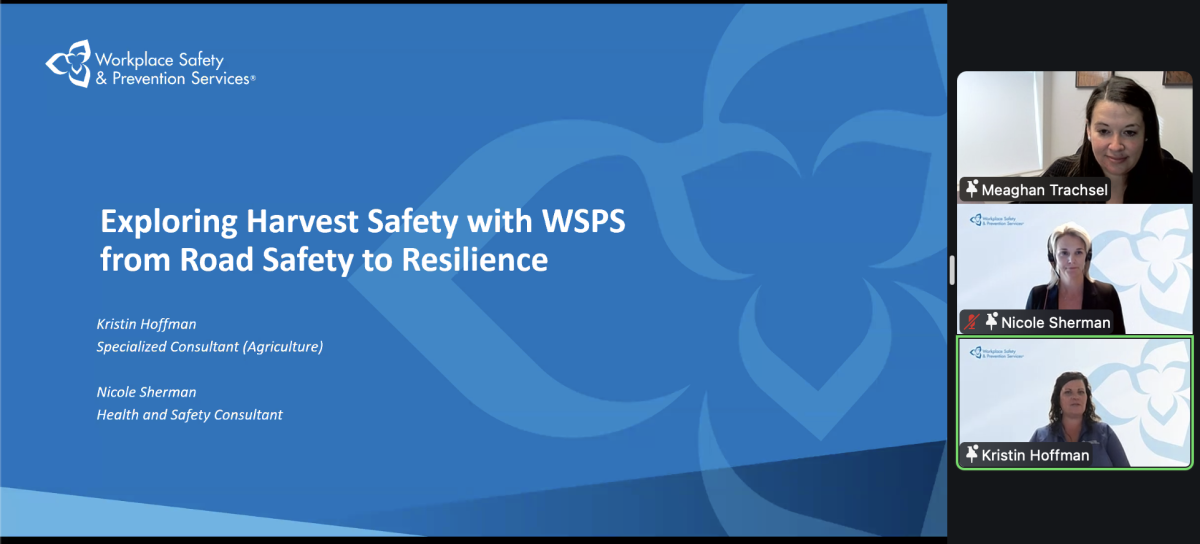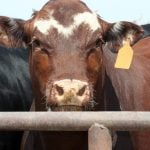A soil scientist who for years has advocated for conservation tillage and an executive director at the Canadian Food Inspection Agency among five federal civil servants earning awards for “exceptional service” to the country.
Wayne Lindwall of Agriculture and Agri-Food Canada was named Wednesday to receive the annual Outstanding Achievement Award of the Public Service of Canada, alongside CFIA’s executive director of western operations, Philip Amundson, among others.
Lindwall, who began working for Agriculture and Agri-Food Canada in the 1970s and worked at its research facilities in Lethbridge, Alta. and Swift Current, Sask., is currently the department’s director general for environmental health, based in Ottawa.
Read Also

Exploring Harvest Safety
Kristin Hoffman of WSPS explains measures for increased farm safety around harvest season
A press release from the Canada Public Service Agency said
Lindwall has been a “tireless advocate” of conservation tillage while continuing his academic studies on soil degradation.
Lindwall’s work involved adapting the practice of leaving crop residue such as straw and stalks intact and seeding the next crop directly into the unploughed land, so it better suited farmers’ needs. More recently he has advocated the practice’s benefits as a “carbon sink,” helping to trap excess carbon dioxide and reduce greenhouse gases.
Lindwall has also been inducted into the Soil Conservation Hall of Fame — the first public servant to be so inducted by a national farmer organization, the Soil Conservation Council of Canada, the CPSA said.
CFIA’s Amundson, meanwhile, is cited for his leadership role in managing the agency’s response to the cases of BSE found in western Canadian cattle and to two “massive outbreaks” of avian influenza in poultry.
“Led by Mr. Amundson, (CFIA) responded rapidly and thoroughly to each incident, steadfastly refusing to cut corners while providing the information that Canadians and international regulatory bodies needed to maintain confidence in the Canadian food supply,” the CPSA said in its release.
“After the analysis, quarantine and humane destruction of livestock, Canada’s borders remain open for export and consumers know that their health is protected.”















